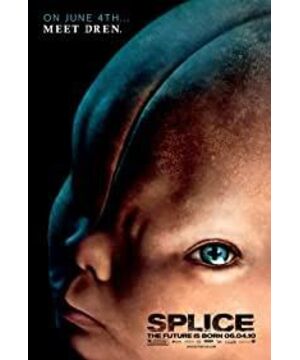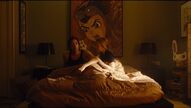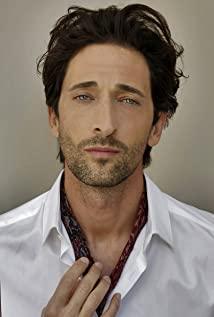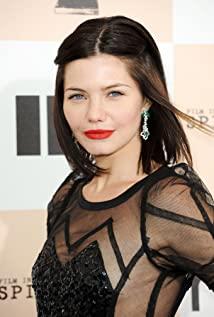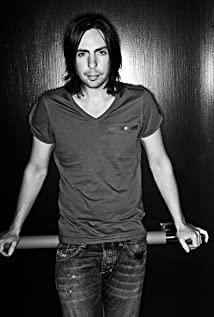At the beginning of the film, the research on hybrid creatures is for the high-sounding reason to treat many incurable diseases. This is a good starting point for desire. After the hybrid is successful, as the research deepens, the heroine wants to integrate into human's own genes, she has crossed the line. By adding human genes to the hybrid, she created a monster.
After the monster was born, the male protagonist wanted to destroy the monster out of humanity’s instinctive protection of the human race, but the female protagonist prevented the male protagonist for her own research (someone may say that the female protagonist created the monster and she is its mother. The female protagonist’s motherhood, I bah! In the final analysis, she is still for research. There are many times in the film, the female protagonist hurts monsters for research) and raises and educates monsters. Is her starting point at this time as pure as it was at the beginning? I think it has changed! In the process of raising and education, monsters hide a strong aggressiveness and uncontrollability. The monster eventually grows into a beautiful female creature. It imitates humans, including making love, but it has no moral restraints from humans. It wants to kill a cat based on its own emotions and anger (cats may have a symbolic meaning), female The Lord wanted to educate it and guide it, but in the end she failed. (How ironic, humans always think that what they create will proceed according to their own logic, but what if that is life?) The hostess still did not have the heart to destroy it and shut it in the house. During the raising process, the male protagonist gradually changed from being afraid to being curious about this creature. He thought he knew about this creature and mentioned the future thinking of this creature. How great, he was finally tempted by this creature, mated with it and finally died. In the hands of this creature. When the monster was mating with the male protagonist, she was found out by the hostess. She was very injured. In the end they decided to kill the monster (the selfish side of humanity is undoubtedly exposed here), but when they returned to the house where the monster was raised, the monster committed suicide and the female protagonist was grieved again. Absolute (I think the sense of contradiction here reflects many aspects of love and hate, creation and destruction, but are these feelings really that simple). But the matter is far from over. The monster resurrected and changed from female to male. It finally attacked the male lead and the male lead’s brother, raped the female lead, and was finally killed by the female lead. At the end of the film, the heroine is pregnant, she is a monster. At this time, she had two choices, to continue her research, or to end it all. In the end, she still signed a research contract with that company, and finally she looked out the window in confusion.
Human desire is the source of human progress, but it should be restrained and guided. People can create tools that are beneficial to themselves and understand the physical nature of the world, but they should not experiment with themselves. Life has too many differences. Certainty, the death of the individual in the film is just a small epitome. If morality has no bottom line, if one day life goes to an extreme, it is irreversible, and it may only bring irreversible pain and a road to destruction.
View more about Splice reviews


